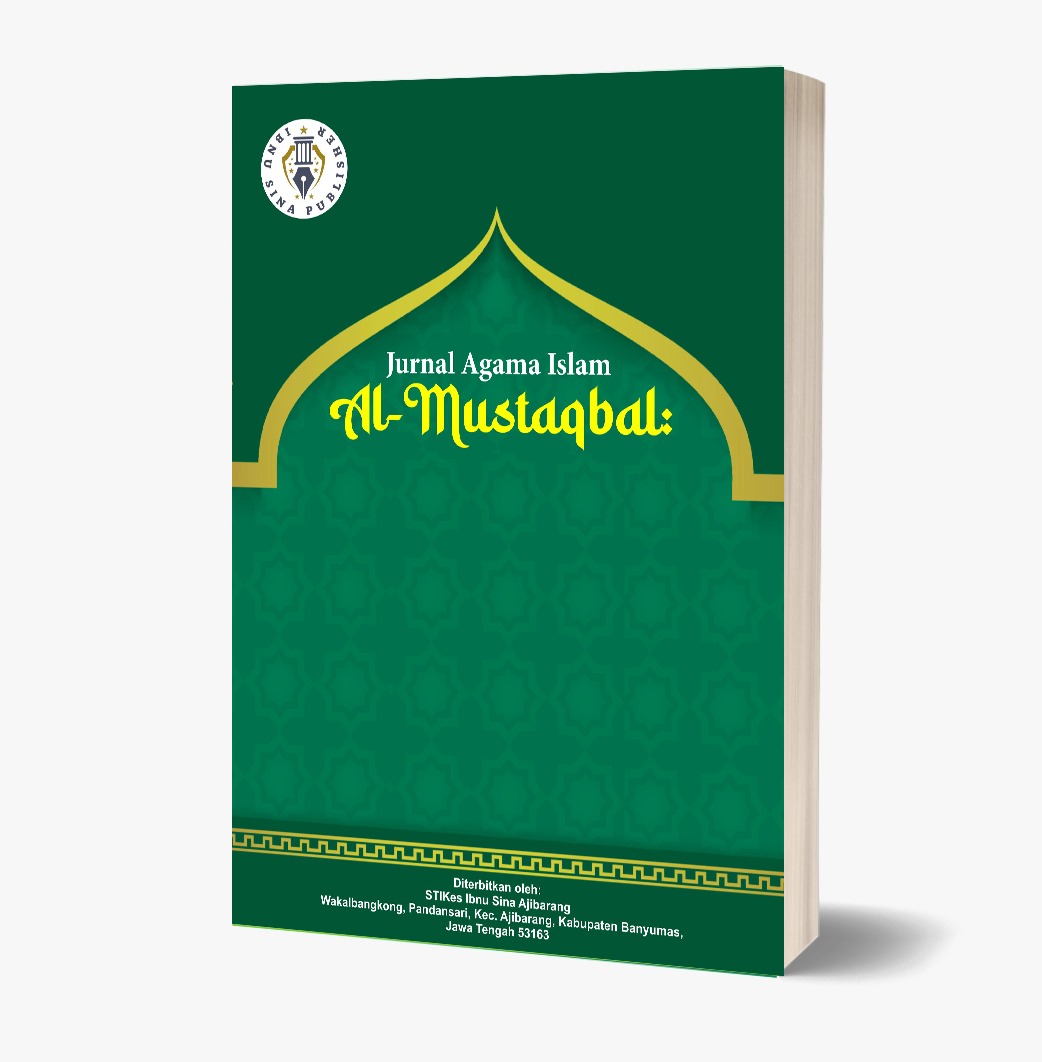Aliran-aliran Modernisme: Rasionalisme, Empirisme dan Materialisme
DOI:
https://doi.org/10.59841/al-mustaqbal.v2i1.49Keywords:
Rationalism, Empiricism, MaterialismAbstract
This abstract will discuss the three main currents in modernism that emerged in the 17th and 18th centuries, namely Rationalism, Empiricism, and Materialism. These three schools have had a major influence on the development of philosophical and scientific thought in the modern era. Rationalism pioneered by René Descartes emphasized that reason (ratio) is the main source of valid knowledge. Rationalist philosophers argue that truth can be achieved through deductive reasoning and innate ideas that exist in the human mind. They believe that mathematics and logic are ideal models for achieving definite knowledge. Empiricism developed by John Locke and David Hume holds that sensory experience is the main foundation of knowledge. Empiricists reject the concept of innate ideas and assert that the human mind is initially a "tabula rasa" (blank slate) which is then filled in by experience. They developed an inductive method of gaining knowledge through observation and experimentation. Materialism promoted by philosophers such as Thomas Hobbes views that reality is basically material or physical. This school rejects mind-body dualism and assumes that mental phenomena can be explained through material processes. Modern materialism developed in line with advances in science and provided the basis for a mechanistic understanding of nature and humans. These three schools have shaped the modern perspective on knowledge, scientific methods, and the nature of reality. Although each has limitations, their contributions remain relevant in philosophical discussions and contemporary scientific developments.
References
Achmadi, A. (2008). Filsafat umum. Jakarta: Raja Grafindo Persada.
Adib, M. (2011). Filsafat ilmu: Ontologi, epistemologi, aksiologi dan logika ilmu pengetahuan. Yogyakarta: Pustaka Pelajar.
Al-Faruq, I. R. (1984). Islam dan kebudayaan. Bandung: Mizan.
Anshari, E. S. (1987). Ilmu, filsafat dan agama. Surabaya: PT Bina Ilmu.
Author. (2013). Thomas Hobbes. Retrieved October 19, 2024, from http://id.wikipedia.org/wiki/Thomas_Hobbes.
Author. (2014). Thomas Aquinas. Retrieved October 19, 2024, from http://id.wikipedia.org/wiki/Thomas_Aquinas.
Bakhtiar, A. (2004). Filsafat ilmu. Jakarta: Raja Grafindo Persada.
Bakhtiar, A. (2012). Filsafat ilmu. Jakarta: PT Raja Grafindo Persada.
Cambridge University Press.
Ernita. (2019). Filsafat ilmu. Medan: Wal Ashri Publishing.
Fitri, L., & Ernita. (2019). Hubungan pemberian ASI eksklusif dengan kejadian stunting pada balita. Journal of Midwifery Sciences, 8(1).
Gaarder, J. (2019). Dunia Sophie (Rahmani Astuti, Trans.). Bandung: Mizan Pustaka.
Ihsan, F. (2010). Filsafat ilmu. Jakarta: Rineka Cipta.
Ilmu, Azmi, M. N. (2018). Manusia, akal dan kebahagiaan. Jurnal Ilmiah Al-Qalam, 124.
Nasution, H. B. (2001). Filsafat umum. Jakarta: Gaya Media Pratama.
Noor, I. (2010). Teori pengetahuan Immanuel Kant dan implikasinya terhadap batas ilmu. Ilmu Usuluddin, 9(1).
Poedjawijatna. (1986). Pembimbing ke arah alam filsafat. Jakarta: Bina Aksara.
Praja, J. S. (2003). Aliran-aliran filsafat & etika. Jakarta: Prenada Media.
Tafsir, A. (1990). Filsafat umum. Bandung: PT Remaja Rosdakarya.
Umar. (2018). Filsafat ilmu: Suatu tinjauan pengertian dan objek dalam filsafat pengetahuan. Jurnal El-Muhbib, 168.
Vera, S., & Hambali, R. Y. A. (2021). Aliran rasionalisme dan empirisme dalam kerangka ilmu pengetahuan. Jurnal Penelitian Ilmu Ushuluddin, 1(2), 59–73.
Wahana, P. (2016). Filsafat ilmu pengetahuan. Yogyakarta: Pustaka Diamond.

















